The Hidden Cost of Food Waste: A Sustainability Crisis We Can’t Overlook
/Food waste is a global challenge with far-reaching impacts, touching everything from economic stability to environmental health and public well-being. Each year, roughly one-third of all food produced worldwide ends up spoiled or discarded, amounting to over $1 trillion in economic losses. However, the consequences of food waste extend far beyond financial metrics—it’s a critical issue for anyone committed to sustainability and protecting the planet.
Economic Ripples Across the Supply Chain
Food spoilage disrupts supply chains at every stage. Farmers suffer losses when their harvests fail to reach markets in time, distributors face costs from rejected shipments, and retailers lose revenue when products spoil on shelves. For consumers, these inefficiencies drive up grocery prices, making essential foods less accessible, especially for vulnerable households. The economic strain is undeniable, but the environmental toll is even more alarming.
The Environmental Footprint of Food Waste
When food spoils, its environmental impact lingers. Decomposing food in landfills releases methane, a greenhouse gas 25 times more potent than carbon dioxide, accelerating climate change. Beyond emissions, wasted food squanders precious natural resources. Agriculture consumes 70% of the world’s freshwater, much of which is effectively wasted when spoiled food is discarded. Additionally, the energy, labor, and arable land used to grow, transport, and store this food are lost, further straining our planet’s finite resources.
Health Risks of Spoiled Food
Spoiled food isn’t just wasteful—it can also be dangerous. Contaminated produce often harbors harmful bacteria like Salmonella and E. coli, leading to foodborne illnesses. These health risks not only endanger public well-being but also place a heavy financial burden on healthcare systems. Addressing food waste is not just an environmental imperative—it’s a matter of public health.
Innovative Packaging: A Sustainable Solution
One promising solution to food spoilage lies in sustainable packaging innovations. Advanced materials, such as polypropylene corrugated packaging, can extend the shelf life of perishable items by protecting them from moisture, contamination, and physical damage. Features like ventilation and moisture resistance help maintain freshness during storage and transit, reducing waste at every stage of the supply chain. By investing in eco-friendly packaging, we can minimize food waste while lowering its environmental impact.
Systemic Changes for a Sustainable Future
Beyond sustainable packaging boxes, tackling food waste requires systemic shifts. Investments in cold storage infrastructure, improved handling practices, and consumer education about proper food storage can collectively reduce spoilage. Emerging technologies, such as real-time sensors to monitor produce conditions during transit, offer promising tools to prevent waste. Additionally, redistributing surplus food to those in need can simultaneously address hunger and reduce waste, creating a more equitable and sustainable food system.
A Call to Action for Sustainability Advocates
Food waste is a multifaceted issue with profound consequences for the environment, economy, and society. Addressing it demands collaboration across industries, governments, and communities to ensure food is used efficiently and sustainably. For those passionate about sustainability, reducing food waste is a tangible way to protect our planet’s resources and build a healthier future.
To learn more about the hidden costs of food waste and how we can work together to combat it, explore the accompanying infographic. Together, we can make a difference—one meal at a time.
About the Author:
Erika Nist is Director of Internal and External Relations at SeaCa Plastic Packaging, which specializes in providing innovative plastic packaging solutions tailored to a variety of industries, including seafood, produce and more. As a sixth-generation member of the family that has been operating the business since 1889, Nist focuses on process improvement, sustainability and public relations. During her tenure, SeaCa Plastic Packaging has achieved food safety compliance at all locations. Nist also launched the company’s CORR Cycle Program to help end users recycle plastic packaging, and streamlined processes within the organization to set the company up for continuous growth for generations to come.











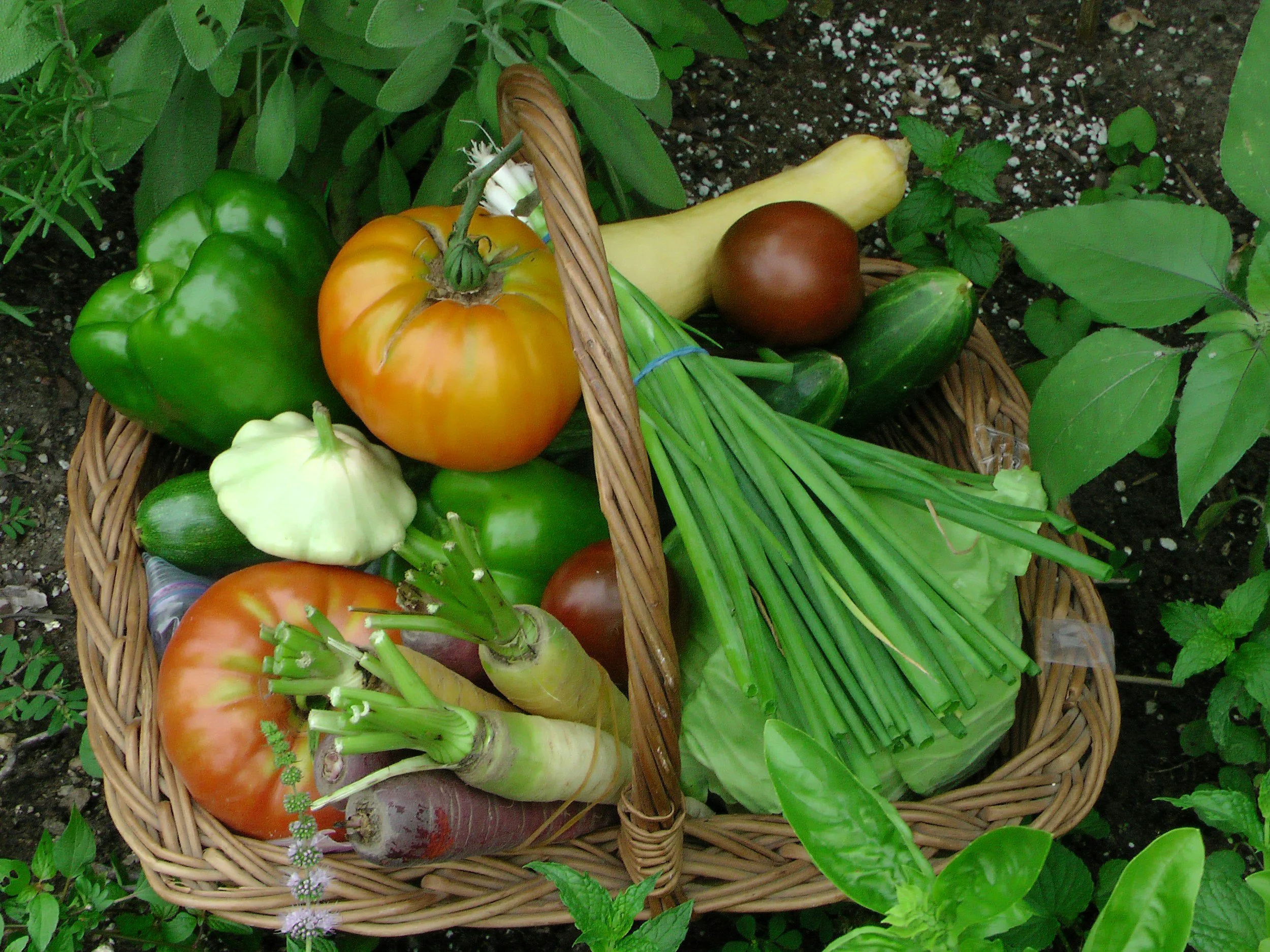

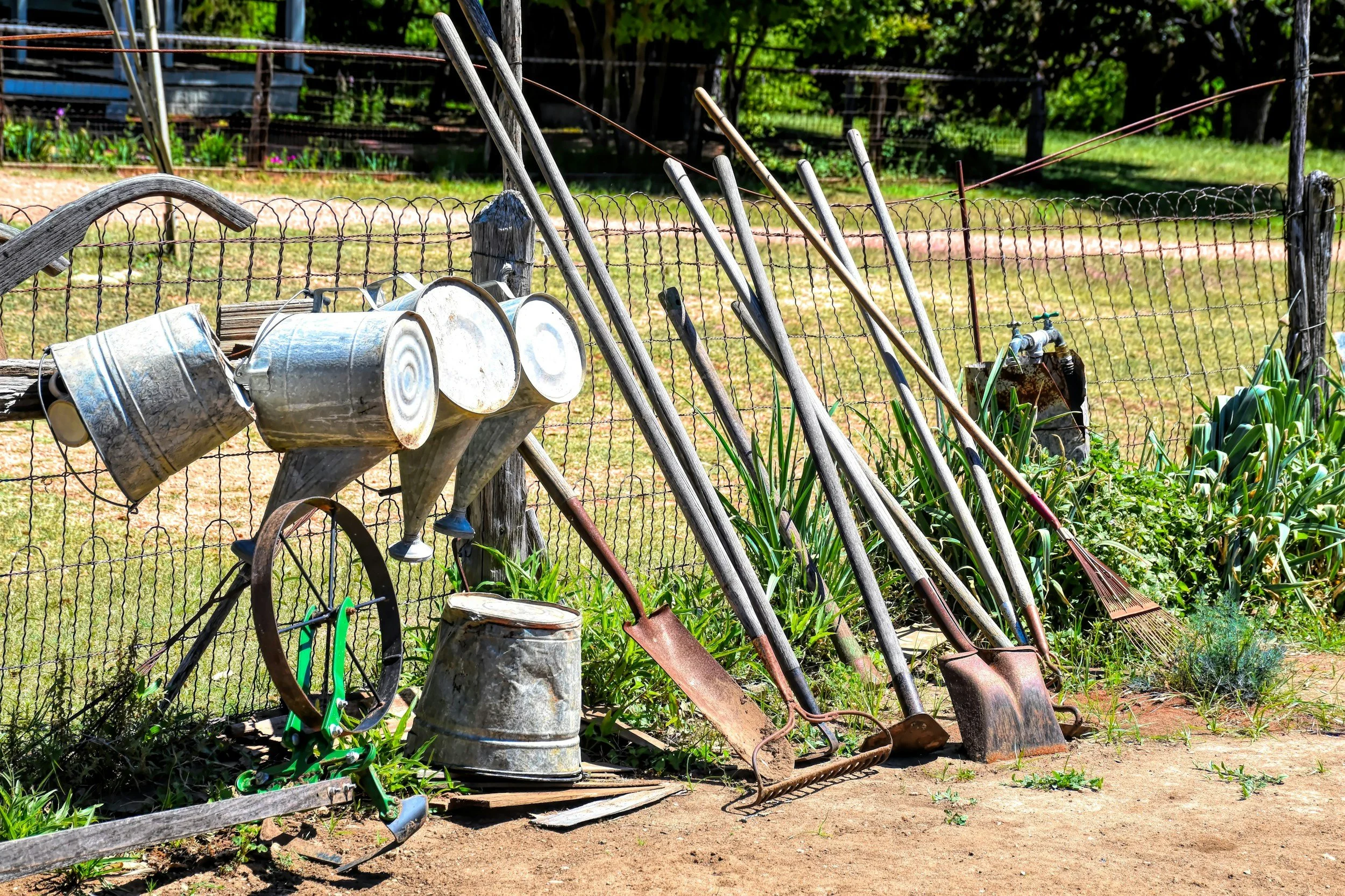
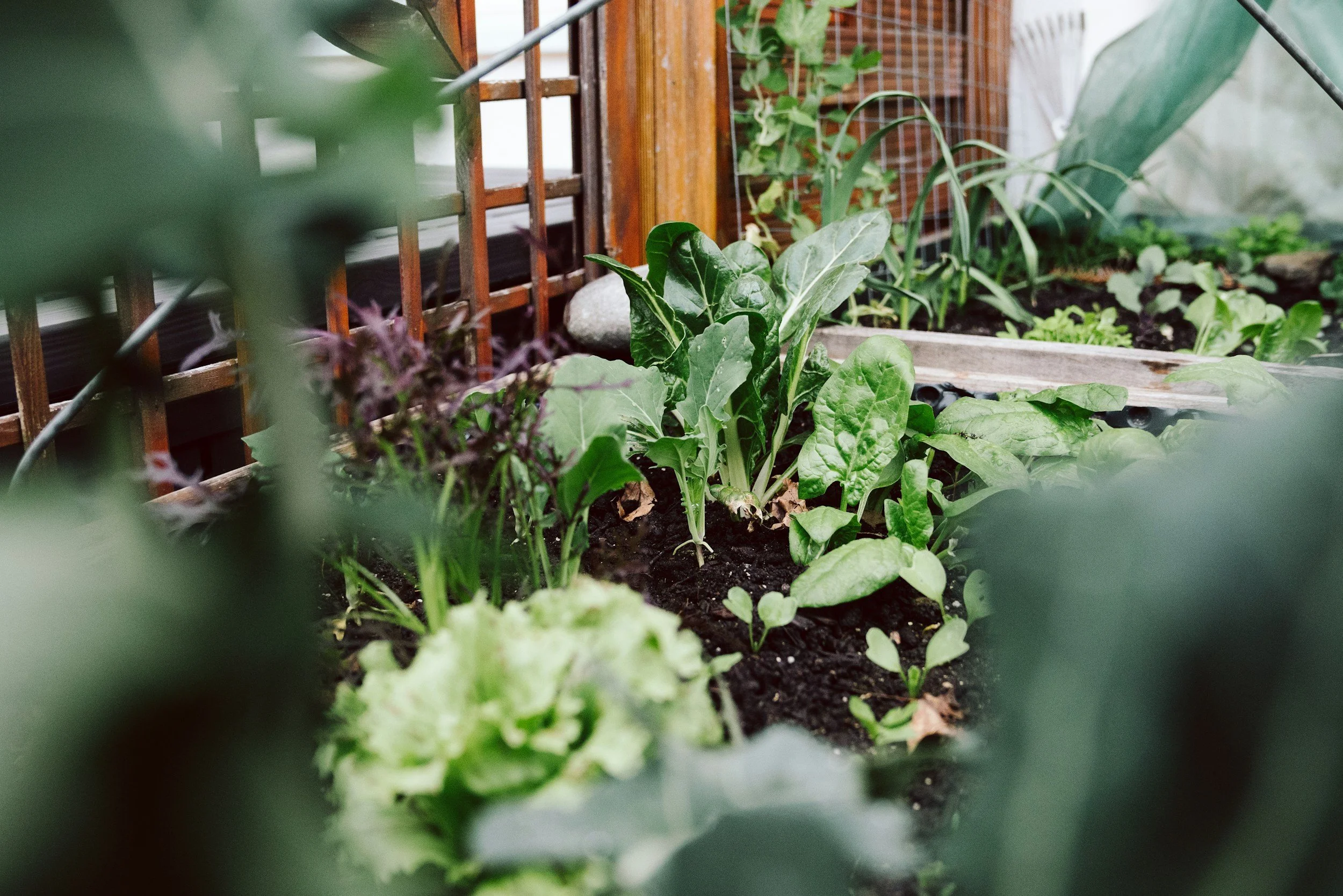

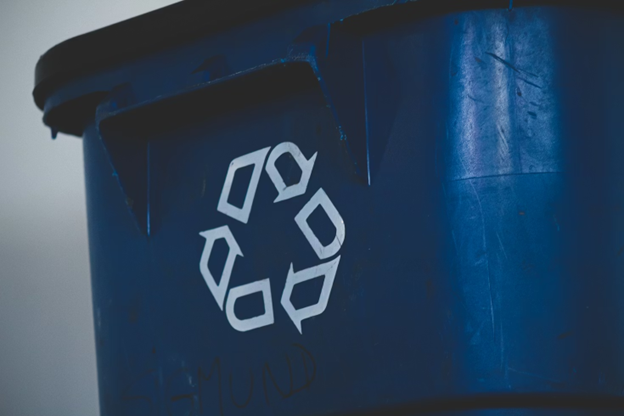
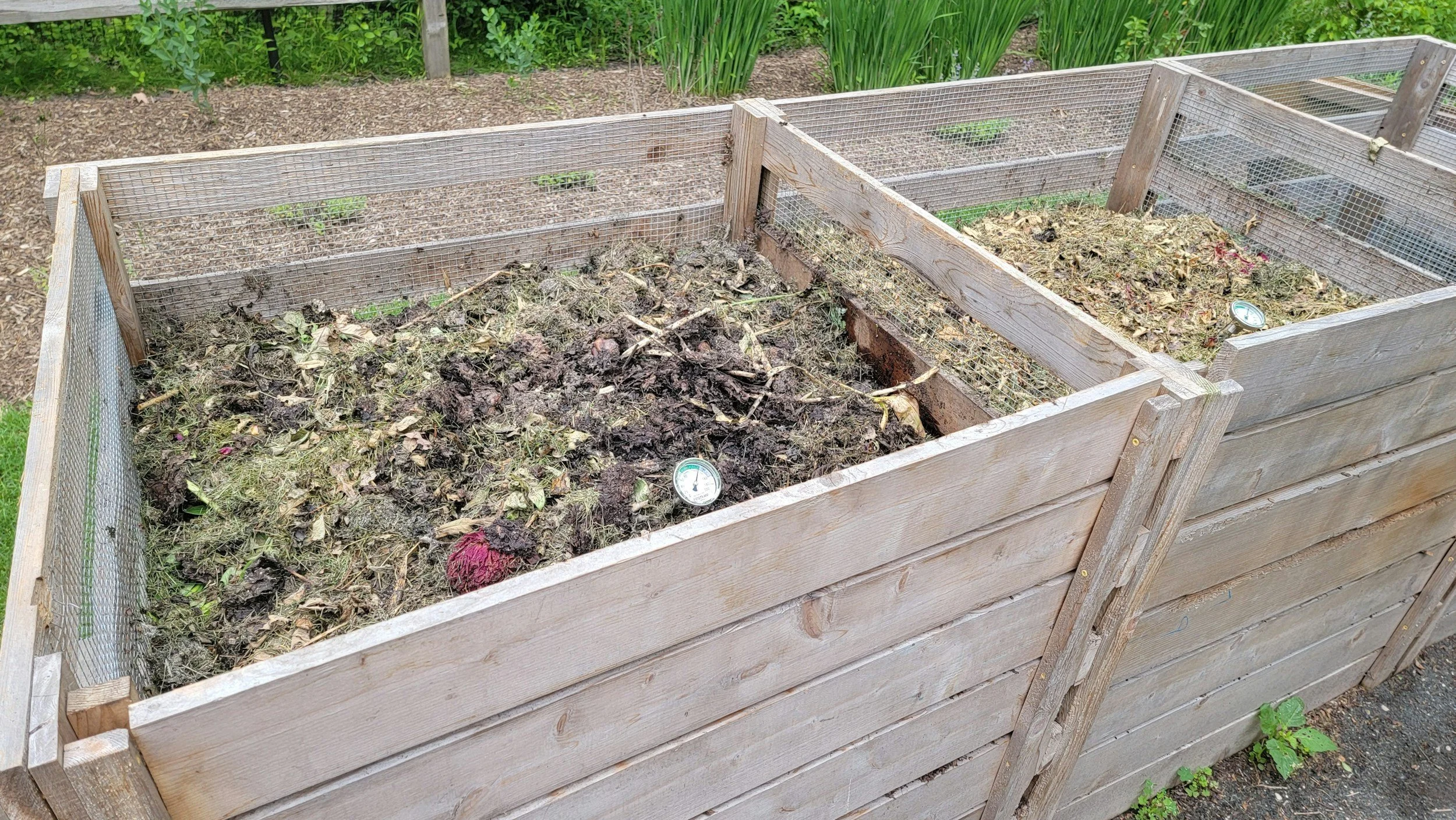























Imagine tossing your morning coffee grounds into a chic countertop composter instead of the trash—and watching them come back as fresh basil on your windowsill. Sounds magical? It’s just smart design. Welcome to the circular kitchen: a practical, sustainable approach to food waste that helps your home thrive, your wallet smile, and the planet breathe a little easier.